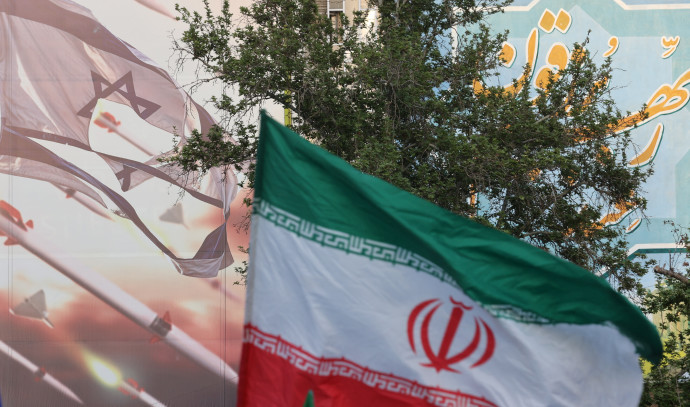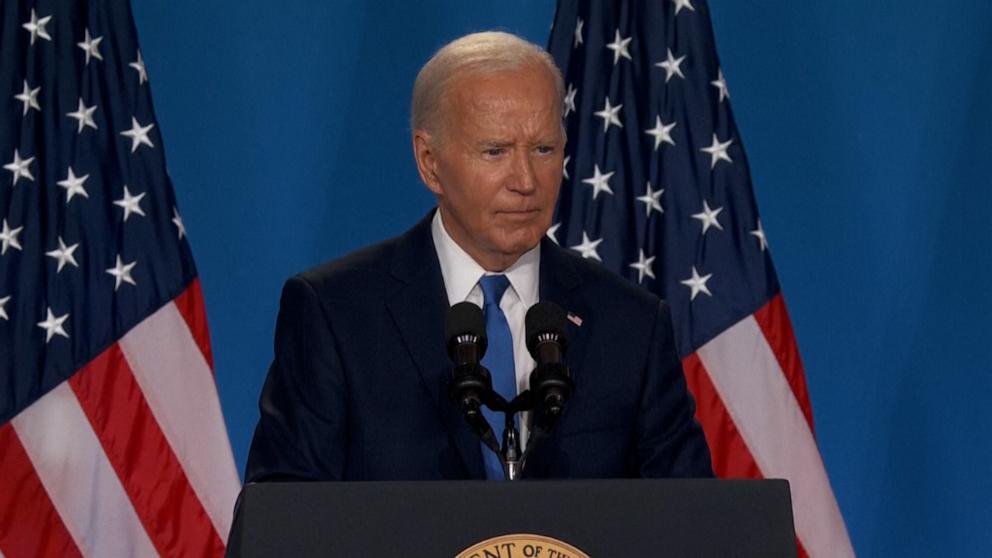International concern grows over looming third war between Israel and Lebanon with Iran

International concern grew on Monday over the prospect of a third Lebanon war that could also spill over into Iran, with Prime Minister Benjamin Netanyahu warning that the Islamic Republic was the driving force behind the existential wars taking place on multiple fronts in the country.
“We are fighting for our existence, a battle that is being waged on seven fronts. The attack on us is led by Iran, which is openly trying to destroy us,” Netanyahu said on Monday before the Knesset plenum.
“Iran and its proxies have planned this through rocket attacks on Israel and by invading our territory. The more we deepen the war in Gaza, the more evidence we discover of the extent of the campaign against us on multiple fronts,” Netanyahu said.
“We will thwart this campaign,” he stressed.
National Unity Party (NUN) leader Benny Gantz, former defense minister and chief of staff of the Israel Defense Forces, told French President Emmanuel Macron in a phone call that the possibility of a diplomatic solution to the cross-border violence seemed less likely and war more likely.
“Resorting to military means seems increasingly necessary to eliminate the threat that Hezbollah poses to the citizens of northern Israel, as it is part of the broader Shiite-Iranian terrorist axis that is destabilizing the region,” Gantz told Macron, according to his spokesman.
US and Israeli politicians are pushing for diplomatic solutions
Gantz stressed the importance of consolidating a new regional architecture based on an alliance of moderate forces to counter growing Iranian aggression, his spokesman said.
US State Department spokesman Matthew Miller warned Israel: “We will continue to put pressure on the Israeli government that we do not want further escalation.”
He spoke to reporters as Gallant met with U.S. Secretary of State Antony Blinken in Washington. The two met after Gallant spoke in person with U.S. envoy Amos Hochstein, who visited Israel and Lebanon last week.
“We do not want a full-scale war with Hezbollah. We believe there should be a diplomatic solution to the conflict on the Israeli-Lebanese border, which is preventing tens of thousands of families on both sides of the border from returning to their homes,” Miller said.
US Ambassador to Israel Jack Lew said Monday at the 21st Herzliya Conference at Reichman University that the US was “pushing for a diplomatic solution” and that Hochstein had traveled back and forth between Lebanon and Israel to achieve that goal.
“I think a diplomatic solution is closer in most cases than people think,” Lew said. “We are simply not at a point where there is the calm in Gaza that will allow an end to the conflict.”
Both Lew in Herzliya and Miller in Washington stressed the importance of a ceasefire in the Gaza Strip for restoring calm along Israel’s northern border.
Chairman of the U.S. Joint Chiefs of Staff Gen. CQ Brown warned Sunday that America was unlikely to be able to provide a security umbrella for Israel in the event of a war with Hezbollah, as it did during the Iranian attack in April. His words carried weight amid fears that Hezbollah rockets could overwhelm the Iron Dome system in the north.
German Foreign Minister Annalena Baerbock, who visited Israel on Monday en route to Beirut, spoke of growing tensions in the north in her speech at the Herzliya conference.
“The risk of unintended escalation and all-out war is growing day by day,” she said.
“We are extremely concerned about the increase in violence on the northern border,” said Baerbock. “This is precisely why I will travel to Beirut again tomorrow, where many people also do not want another war. Together with our partners, we are working intensively on solutions that can prevent further suffering,” she said.
“Israel has the right to defend itself against Hezbollah’s relentless attacks in the north,” she stressed. “It was Hezbollah that started this violence” after the Hamas-led attack on Israel on October 7, “which forced tens of thousands of Israelis from their homes. No country in the world should have to accept this.”
The German Foreign Minister called on Hezbollah to abandon the ceasefire line from the Second Lebanon War of 2006 and demanded the full implementation of UN Security Council Resolution 1701, which enshrined this ceasefire. Earlier on the same day, Baerbock attended a meeting of European Union foreign ministers led by EU foreign policy chief Josep Borrell.
He warned that the Middle East was on the verge of seeing the conflict expand to Lebanon, just days after Hezbollah threatened EU member Cyprus.
“The risk that this war will reach and spread to southern Lebanon is increasing day by day,” Borrell told reporters ahead of a meeting of foreign ministers in Luxembourg.
“We are on the eve of an escalation of the war,” he said.
Hezbollah leader Sayyed Hassan Nasrallah said last week that no place in Israel would be safe if a full-scale war broke out between the two enemies, and for the first time threatened EU member Cyprus and other parts of the Mediterranean.
“It is absolutely unacceptable to issue threats against a sovereign state of the European Union,” said Greek Foreign Minister George Gerapetritis. “We stand by Cyprus and will stand together against all kinds of global threats from terrorist organizations.”
Reuters contributed to this report.



